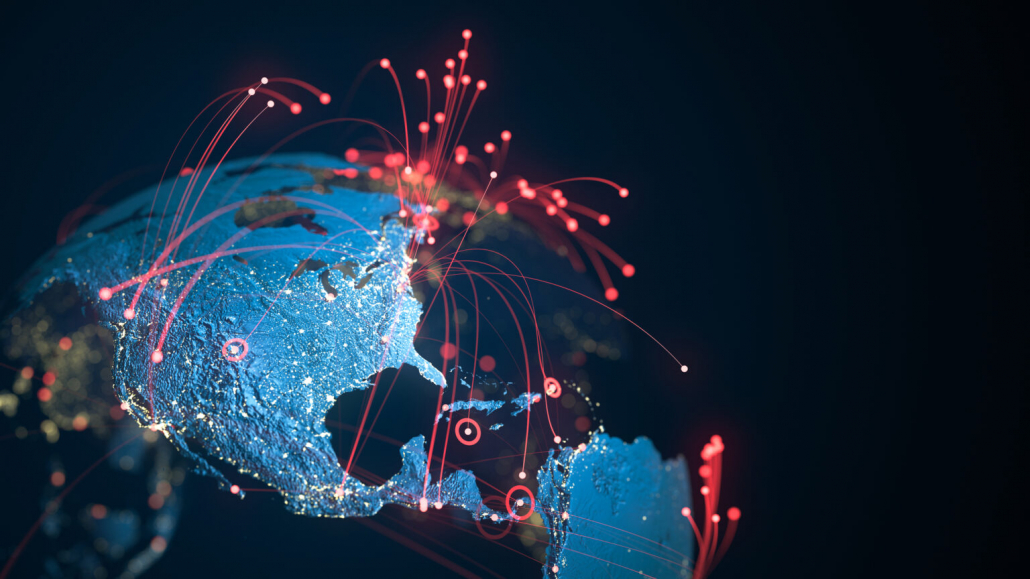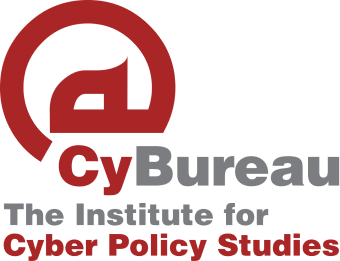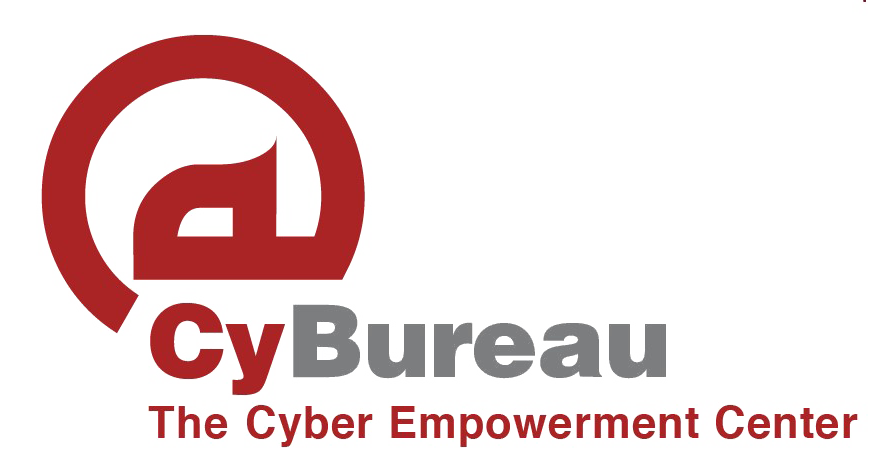The Pro-autocratic Cyber era

Introduction
In the wake of an increasingly prevalent digitalised environment, the concept of political warfare takes on a new shape with the emergence of the fifth domain of war – cyberspace. The transition to modern warfare contrasts with past experience, creating a new arena for competition and asymmetric war. What enhances asymmetry in this new form of the contest are the differences between the political regimes that allow autocracies to be at a distinct advantage when waging cyber wars against liberal democracies (Naim 2017). This literature review will present different perspectives on how autocracies have an advantage in the interactive international system of the cyber era via zooming into the United States (US) and Chinese relations. Furthermore, by accessing the literature and its limitations, it will incorporate an underlying problem stemming from this yet not fully exposed matter.
Decision-making process
The first factor discussed is the decision-making process that allows autocracies to take the lead in a cyber conflict, with the assumptions originating from the legislative structure. The legislative body in many autocracies is so extensively controlled that “conflict between the legislature and the executive branch is virtually unthinkable” (Levitsky and Way 2002: 55). Therefore, according to Naim (2017), democracies need more time to act than dictatorships in the cyber realm. The system of checks and balances in democracies obstruct cyber campaigns where time is crucial in planning and execution (ibid). Unlike autocracies, the lack of formal legislative power allows a person or group to act fast without constitutional limits (Gandhi 2008: 5). This can be proved by Chinese prime minister Xi Jinping, who has appointed himself as a crisis manager, assisting him in the immediate rivalry with the United States (McGregor 2019).
State control and Influence
Another factor derived from the structural advantage of autocracies is state control and influence over civil society. This isexplained through the concept of co-option and coercion: both tools to ensure domination in authoritarian regimes (Steele Lecture 3 n.d.). Jarmon and Yannakogeorgos point out how the Chinese government uses co-option through government-sponsored Network Crack Program Hackers which classify proficient groups of hackers through competitions (Jarmon and Yannakogeorgos 2018: 97). “Those selected receive monthly stipends from the PLA. They are recruited to not only ply their craft on foreign targets, but also to teach army cadets the tactics and tools for conducting cyberwarfare” (ibid). Those who would not work for the government are at risk of being coerced as the government has the power “to make those who disobey orders or even implicit norms just disappear” (ibid). Whereas in democracies, “the legal protections individuals enjoy in the West make it harder to deter this type of behavior” (ibid). This means that states in autocratic regimes have greater control over the actions of experts in this field. In democracies, the legal structure does not allow this.
Role of Censorship
Another aspect of the state-control that strengthens the position of autocratic countries in the cyber domain is the role of censorship. “In most full-blown autocracies, the media are entirely state-owned, heavily censored, or systematically repressed” (Levitsky and Way 2002: 57). Jarmon and Yannakogeorgos highlight the Chinese Communist Party’s approach to the Internet as “an instrument of power to ensure rule” (Jarmon and Yannakogeorgos 2018: 102). In the US, there is an open cyber environment that “allows individuals and private corporations to explore, express ideas, and communicate fluidly” (ibid). Through the use of censorship, “China has been justifying stringent Internet controls through propaganda, denying involvement or accountability in cyber espionage, and accusing the United States of committing similar actions against China” (ibid). This allows China to control public opinion, whereas US actions are restricted by the public. This gives China more options on how to act in the instant of cyberwar without public judgment limitations. King, Pan and Roberts (2014) support this assumption by using the theory of collective action, which implies that censorship in autocracies is used to reduce the probability of collective action such as protests “by clipping social ties whenever any collective movements are in evidence or expected”.
The Elections
Elections in autocracies lose their meaning as they are used for the sole purpose of mobilising voters coercively (Gandhi 2009). Autocrats use their power to “compel people to participate in a ritual that everyone knows is “fake”” (ibid). According to Herpig and Schuetze (2018): “Even a failed attempt at or claims of election meddling through hacking can undermine the legitimacy of the electoral process if it becomes public because of the perception of vulnerability. This puts the defender, usually the state, at a distinct disadvantage.” The fact that elections in democracies are legitimate and therefore vulnerable to any manipulation of the outcome makes them be on the defender side. Furthermore, Lipset (2013) declared that the stability of the democratic system is heavily dependent upon the “effectiveness and legitimacy of the political system”. This translates to the extent to which the system sticks with the basic functions of government “as defined by the expectations of most members of a society, and the expectations of powerful groups within it which might threaten the system” (ibid). The varying role of elections in the distinct regimes puts democracies at a disadvantage, as cyberattacks aimed at the electoral process can cause significant damage to the system.
Conclusion
Considering all the arguments above, the current state of literature provides information on how autocracies have an advantage in cyberconflict. Nevertheless, the current literature has not considered the use of authoritarian tools by the latter. Even though there are alternative propositions on how to defend against digital authoritarianism whilst respecting democratic values, the angle that has not yet been fully explored is whether democratic countries are not adopting segments of digital authoritarianism themselves. This is alarming for society, as it threatens the state of democracy and its values that every citizen of liberal democracy embraces. In the currently enduring cyber era, the lack of consensus on this issue will be necessary to fill in, to raise awareness concerning the threat to liberal democracies around the world.
Bibliography:
Gandhi, J. (2008). “Political Institutions Under Dictatorship”, Cambridge University Press.
Gandhi, J and Lust-Okar, E. (2009). “Elections Under Authoritarianism.” Annual Review of Political Science. 12:403-422. Consulted on June 15 2009.
Herpig, S. and Schuetze J. (2018). “Securing Democracy in Cyberspace”, Transatlantic Cyber Forum (TCF).
Jarmon, J. A. and Yannakogeorgos, P. (2018). The Cyber Threat and Globalization, Rowman & Littlefield Publishers.
King, G., Pan, J. and Roberts, M. (2014). “How Censorship in China Allows Government Criticism but Silences Collective Expression.”, American Political Science Review.
Lipset, S.M. (1959). “Some Social Requisites of Democracy: Economic Development and Political Legitimacy.”, American Political Science Review. Vol.53, No. 1, pages 69-85.
McGregor, R. (2019). “Party Man: Xi Jinping’s Quest to Dominate China.” Foreign Affairs, https://www.foreignaffairs.com/articles/china/2019-08-14/party-man. Consulted on September/October 2019.
Naím, M. (2017). “How Democracies Lose in Cyberwar”, The Atlantic,https://www.theatlantic.com/international/archive/2017/02/democracy-cyber-war/516351/. Consulted on February 13 2017.
Steele, A. (n.d.). Lecture 3: What is autocracy?. Democracies, autocracies and transitions. PowerPoint.

